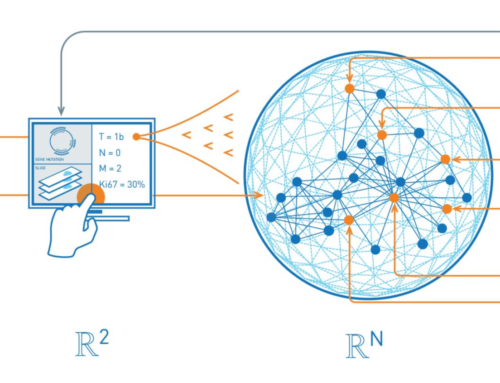Excel Evils in eDiscovery:
Show of hands—who has experienced delays or setbacks attributable to Excel?
Assuming those reading this work in litigation support, we’re willing to bet that we’re not the only ones getting a cramp in our arms.
Now, don’t get us wrong. We get that Excel and other types spreadsheets are necessary for efficient information management. Who wants to dig through a 300-page Word document when a single Excel spreadsheet has the same data in a much more user-friendly interface? It would be madness to push the idea that spreadsheets have no place in e-discovery. No, our real issues with Excel stems from how prone spreadsheet are to user-error. Their complexity is a double-edged sword. Formulas and cells can be manipulated to work for you in all kinds of useful ways, but can also create some serious problems when not handled correctly.
Given the scope of some of these errors, we feel that our trepidation on the issue is understandable. The West Baraboo Municipality suffered a formula error that resulted in an incorrect tax assessment of nearly $400,000 a few years back. Not to be outdone, the UK-based drug developer AstraZeneca accidentally released confidential company information, embedded in the metadata of one of their trusty spreadsheets. And just imagine the embarrassment when a single incorrect spreadsheet keystroke led to an Olympic synchronized swimming event being overbooked by 10,000 tickets.
These are a few examples that highlight an unfortunate truth in e-discovery: spreadsheets are frustrating, complicated, and a hassle to manage without tripping yourself up.
Scary Spreadsheets
It’s not that we don’t have faith in Excel, we’ve just heard too many horror stories about spreadsheet malfunctions that end up causing their victims significant financial losses. Formula errors, missing keystrokes, and hidden values containing privileged information are just a few ways that spreadsheets can trip up litigators during e-discovery.
As we mentioned above, the blessing of spreadsheets is also their curse. Their functionality presents several headache-inducing challenges during a legal review:
- Altering cell values can disrupt formulas, often with no warning and with potentially disastrous consequences
- Hidden fields in spreadsheets can contain sensitive or otherwise privileged data that may be inadvertently transmitted to opposing counsel
- Metadata integrity must be maintained when converting spreadsheets
- Mishandling the tricky data contained in complex spreadsheets may result in expensive legal sanctions against the offending parties
On top of these drawbacks, spreadsheets create challenges during file production. Excel files can’t be Bates Stamped; a problem tantamount to sacrilege in the minds of some attorneys. Unfortunately, the only way to solve this is to reproduce your spreadsheets in the form of static images. Now, instead of a searchable Excel file with intact metadata, you have multiple image files that may run into the hundreds of pages. Sure, they’re stamped—but they’re also a tremendous hassle for your team to deal with.
Excelling at Discovery
Spreadsheets can be a drag, but they’re not going anywhere any time soon. As long as spreadsheets remain so darn useful for data governance, attorneys will need to find solutions for handling them correctly. We stand by the use of native e-discovery review tools for every type of file. Despite the complexities of spreadsheet-based discovery, native review software can help make sure your team is prepared to handle whatever style of production that opposing counsel provides.
Even those evil Excel files.
Watch out for those Excel Evils in eDiscovery
For more Tidbits & Thoughts, please click here.






